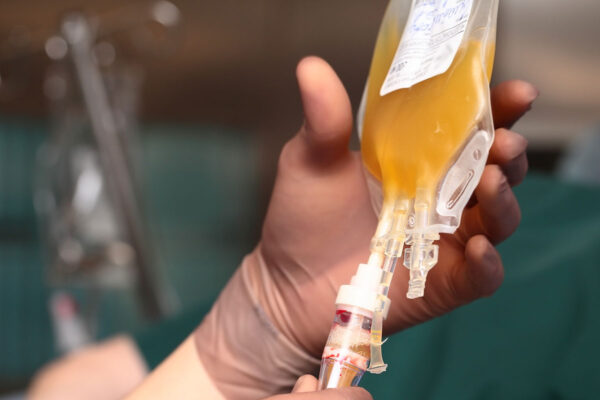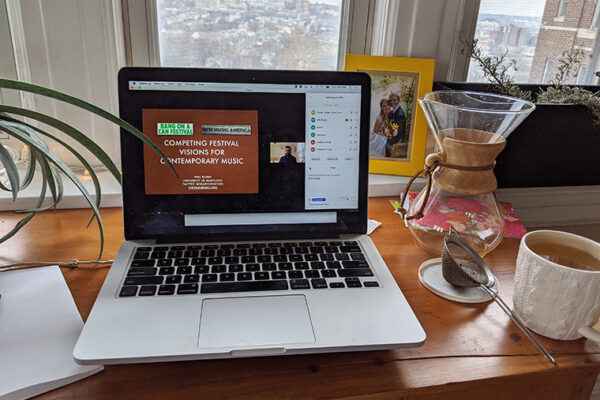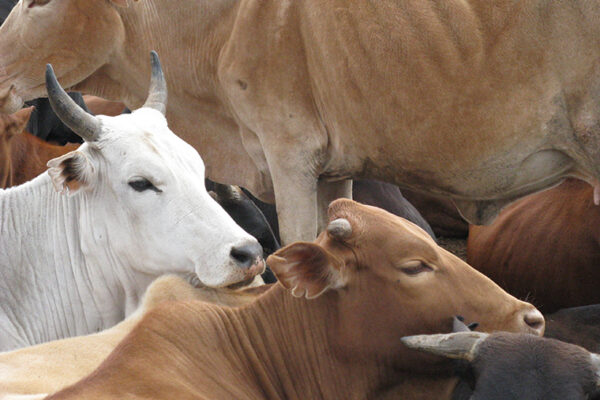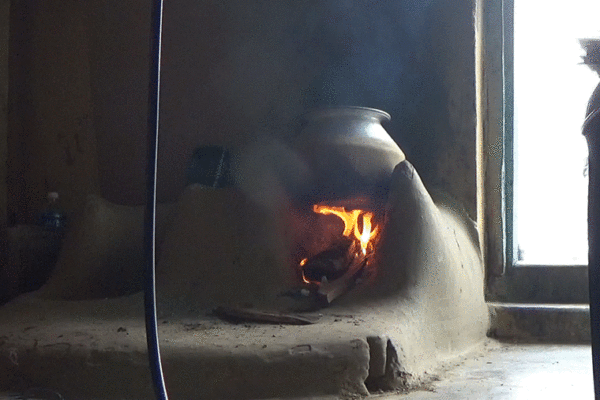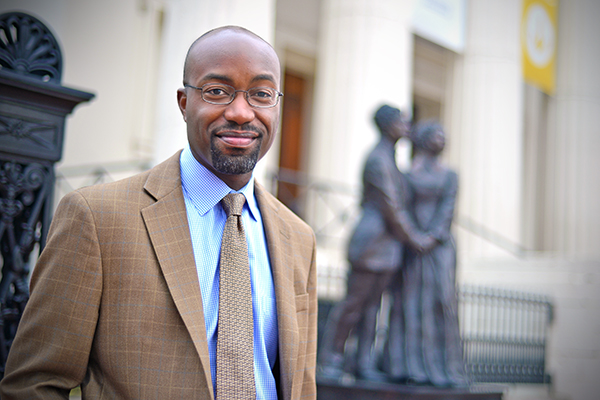COVID-19 survivors needed to donate blood plasma
COVID-19 survivors are needed to donate blood plasma. Infectious diseases physicians at Washington University School of Medicine in St. Louis have developed an expanded access program to give blood plasma from COVID-19 survivors to critically ill patients.
Conferences canceled, musicologists turn to Zoom
As COVID-19 continues to wreak havoc with the academic conference schedule, the daily online colloquium “Music Scholarship at a Distance,” co-founded by Washington University’s Paula Harper, has emerged as an important venue for musicologists to continue sharing their work.
University Libraries holding virtual book club
University Libraries invites members of the campus community to join its virtual book club. Book club meetings will be held via Zoom. Registration is required. The next is Wednesday, April 22, and the club will discuss “Mistress of the Art of Death” by Ariana Franklin.
Lessons learned from COVID-19 will improve supply chains
In the future, a global pandemic such as the magnitude of COVID-19 will not only be a foreseeable event, but also will likely change how companies model and mitigate future risks to their supply chains, says an expert on supply chain management at Washington University’s Olin Business School.
Juniors Eisner, Klapow awarded prestigious Truman Scholarship
Roommates and best friends Zach Eisner and Max Klapow, juniors at Washington University in St. Louis, have both won a Truman Scholarship, the premier graduate fellowship in the United States for those pursuing careers as public service leaders. Chancellor Andrew D. Martin surprised the students with the news on Zoom.
WashU Expert: Decrease in abuse hotline calls not a good sign
Child abuse and neglect hotlines around the country are reporting declines in calls over the last few weeks. While normally this would be welcome news, it does not bode well during stay-at-home orders, says an expert on child abuse and neglect at Washington University in St. Louis.
Milk pioneers: East African herders consumed milk 5,000 years ago
Animal milk was essential to east African herders at least 5,000 years ago, according to a new study that uncovers the consumption habits in what is now Kenya and Tanzania — and sheds a light on human evolution, according to new research from anthropologists from Washington University in St. Louis.
Researchers find organic carbons are also absorbing light — and likely harming people’s health
Researchers at the McKelvey School of Engineering spent two weeks in India cooking with local residents. They found that soot wasn’t the only worrisome byproduct of traditional cookstoves; organic carbons are causing problems, too.
Purnell to lead St. Louis team responding to COVID-19
The Brown School’s Jason Purnell will lead a response team of over 40 St. Louis area nonprofits, social service agencies and governments to deal with the coronavirus pandemic. The COVID-19 Regional Response team aims to help people navigate resources and get help with needs including employment, food, housing, child care and legal aid.
Alum Akula receives prestigious Soros Fellowship
Shyam Kiran Akula, a 2016 Washington University in St. Louis alum, has been named a 2020 Paul & Daisy Soros Fellow, a prestigious academic honor for outstanding immigrants and children of immigrants who are pursuing a graduate education in the United States.
View More Stories
